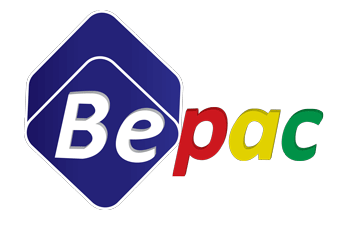
Good management is needed in all organizations. Management is a challenging and creative career. Managers receive good monetary benefits for their work efforts.
All managers work in organizations. Organizations are collections of people who work together and coordinate their actions to achieve a wide variety of goals.
Who are managers?
Manager, Someone who coordinates and supervises the work of other people so that organizational goals can be accomplished.
What is Management?
- Working with human, financial, and physical resources to achieve organizational objectives by performing the planning, organizing, Leading and controlling functions
- A set of activities directed at the efficient and effective utilization of resources to achieve an organization’s goal or goals
- Resources include people, skills, know-how and experience, machinery, raw materials, computers and IT, patents, financial capital, and loyal customers and employees
Management levels
- First-line Managers (Supervisor) Individuals who manage the work of non-managerial employees.
- Middle Managers Individuals who manage the work of first-line managers.
- Top Managers (chief executive officer CEO) Individuals who are responsible for making organization-wide decisions and establishing plans and goals that affect the entire organization
Management Functions
- Planning: is setting goals and deciding on courses of action, developing rules and procedures, developing plans and forecasting.
Steps in the Planning Process
- Deciding which goals the organization will pursue
- Deciding what courses of action to adopt to attain those goals
- Deciding how to allocate organizational resources
- Organizing: is identifying jobs to be done, hiring people to do them, establishing departments, delegating or pushing authority down to subordinates, coordinating the work of subordinates, and channel of communication.
Organizational Structure
A formal system of task and reporting relationships that coordinates and motivates members so that they work together to achieve organizational goals
- Leading: means influencing people to get job done, maintaining morale, molding company culture and managing conflicts and communication.
Leading is articulating a clear organizational vision for its members to accomplish, and energize and enable employees so that everyone understands the part they play in achieving organizational goals
- Leadership involves using power, personality, and influence, persuasion, and communication skills
- Outcome of leadership is highly motivated and committed workforce
- Control: Monitoring activities to ensure that they are accomplished as planned and correcting any significant deviations
- Controlling is a task of managers is to evaluate how well an organization has achieved its goals and to take any corrective actions needed to maintain or improve performance
- The outcome of the control process is the ability to measure performance accurately and regulate organizational efficiency and effectiveness
Management Skills
- Technical skills
- Knowledge and proficiency in a specific field
- Human skills
- The ability to work well with other people
- Conceptual skills (Strategic thinking )
- The ability to think and conceptualize about abstract and complex situations concerning the organization

